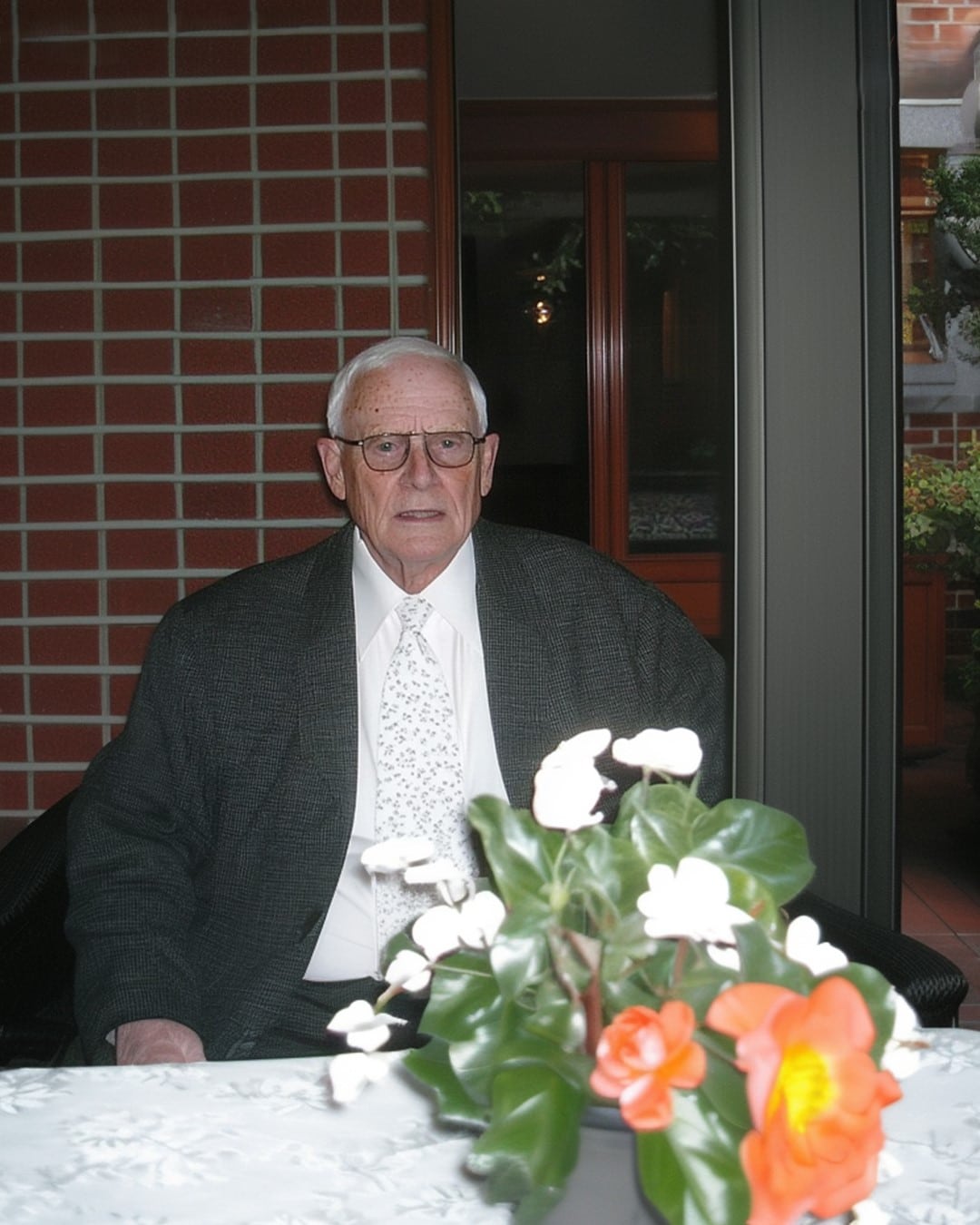“You’ll never see me again,” he said coldly before walking away.
The memory of those words haunted James as he pulled into Andrew’s driveway. He stepped out, trembling as he knocked on the door.
A woman answered—he recognized her from the Polaroid. “You’re Andrew’s wife, right?” James asked, his voice unsteady. “I’m James, his father. May I see him?”
Her eyes softened. “Yes, I’m Ashley. Please come in, but…” She hesitated. “Andrew’s not here.”
James’s heart sank. “Where is he? At work?”
Ashley shook her head. “No… he’s in the hospital. Both his kidneys have failed, and he’s waiting for a transplant.”
James felt the weight of her words like a punch to the gut. “The hospital? My son is dying, and you’re telling me I can’t see him?”
Ashley sighed. “It’s not that simple. He doesn’t want to see you. He’s already under so much stress, and I can’t risk upsetting him.”
“Please,” James begged. “Let me help. I’ll speak to the doctors.”
Reluctantly, Ashley agreed. They drove to the hospital, where Dr. Mullins explained Andrew’s dire condition. “We need to find a donor immediately,” the doctor said. “Time is running out.”
James didn’t hesitate. “I’ll donate my kidney.”
Ashley’s eyes widened. “He’ll never accept it if he knows it’s from you.”
“Then don’t tell him,” James insisted. “Let it be anonymous. Please, Ashley—I need to do this for him.”
After testing, James was found to be a match. The surgery was scheduled quickly, and Andrew, unaware of his father’s involvement, expressed gratitude to the “anonymous donor” who saved his life.
Weeks later, Andrew’s recovery was going well. One evening, as Ashley sorted the mail, Andrew noticed an unopened letter. Recognizing the handwriting, he muttered, “It’s from him. Why can’t he just leave me alone?”
Ashley hesitated before saying, “Andrew, stop. You need to know the truth. Your father was the donor.”
Andrew froze, the letter slipping from his hands. “What? No. That’s not possible.”
“He came here weeks ago. When he learned you needed a kidney, he insisted on donating. He begged me to keep it a secret. I couldn’t tell you before, but now you need to know.”
Andrew was overwhelmed with conflicting emotions—anger, confusion, and something uncomfortably like gratitude. After a long silence, he spoke.
“I need to see him.”
The next day, Andrew drove to his father’s house. He pounded on the door, but there was no answer. A voice from behind him called out.
“Are you looking for James?”
Andrew turned to see a neighbor. “Yes. I’m his son. Where is he?”
The woman’s face softened with sympathy. “I’m sorry. James passed away a few days ago. He got an infection after the surgery. He didn’t make it.”
Andrew staggered back, the words hitting him like a tidal wave. For years, he had convinced himself that his father’s absence wouldn’t matter. But now, faced with the finality of his loss, the ache in his chest told a different story.
He had been ready to forgive, ready to rebuild what was broken. But it was too late.
“I was too late…” Andrew whispered, tears streaming down his face.
Sometimes, the chance for reconciliation slips away before we’re ready. James’s final sacrifice showed his love, even when words failed. Forgiveness may not always come in time to be spoken, but it can still heal wounds left behind.

